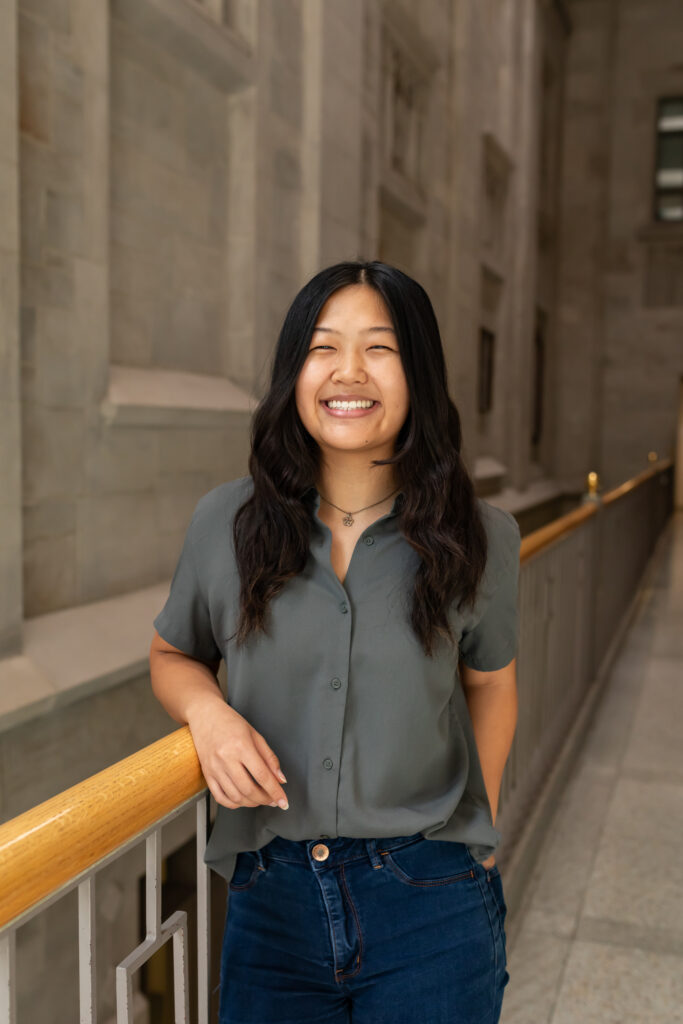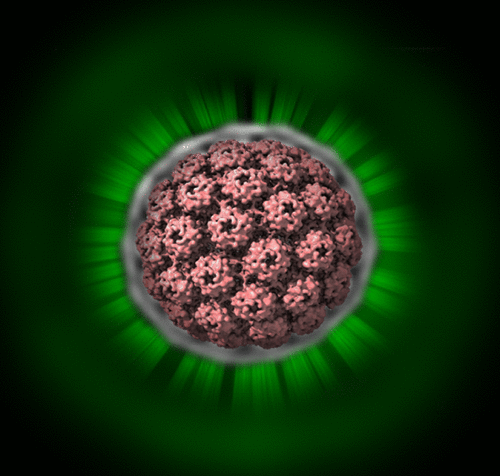Chi-Tam Vo, a trainee in the Vázquez Lab, is authored on a recent publication in JACS titled “A Conjugated Oligoelectrolyte Exhibiting Room Temperature Spin-Correlated Radical Pair Character for Biological Sensing.” Their findings establish design principles for TICT-enabled molecules exhibiting qubit-like behavior that operate under ambient and biologically relevant conditions, with direct implications for quantum information science (QIS). Congratulations Chi-Tam on this work!
Chemistry-Biology Interface Program

Quantitative and Chemical Biology




